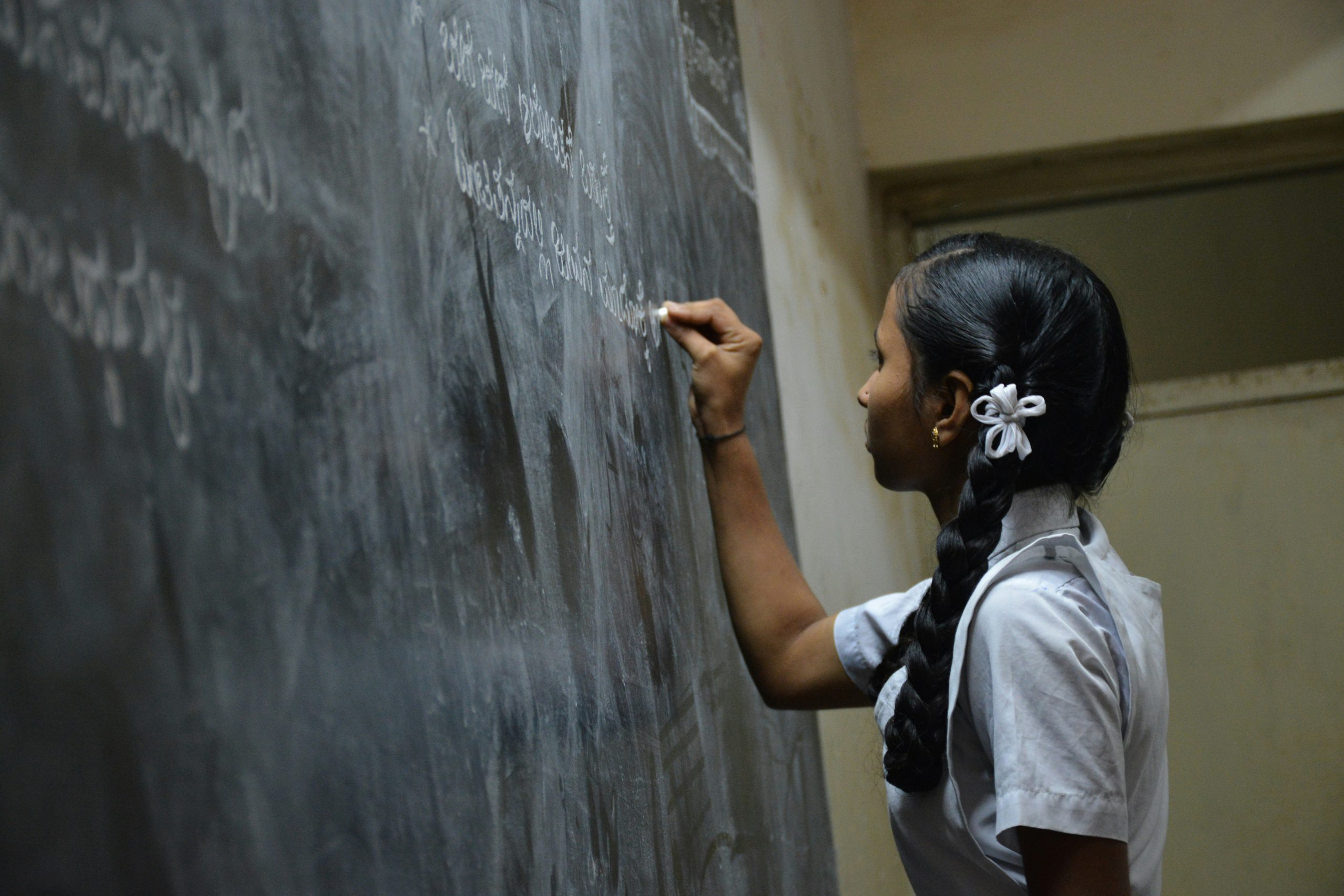
(Photo: Unsplash)
The ‘National Girl Child Day’ is celebrated every year on January 24 to raise awareness about the welfare of girls in the country. This year’s theme is ‘Empowering Girls Empowers Societies’.
Despite various awareness programmes, governments claim that trafficking of girls is not decreasing; in fact, it is becoming more perilous with the proliferation of social media.
“It’s alarming that both girls and boys find themselves in vulnerable situations. The trafficking of girls has increased, and online access has made it even easier. Previously, traffickers needed to be physically present, but now these activities occur online,” said Yogita Bhayana, a sexual crime activist, in an interview with Patriot.
Yogita, the founder of ‘People against Rape in India (Pari)’, has been working towards this cause for over a decade. Her NGO’s work involves advocating against sexual violence, implementing prevention mechanisms for rape, and providing psychosocial support to rape survivors.
She said further, “The online boom is responsible for it because kids are not ready for it and have not received any warning or training either. They don’t know how to handle it, so they are stuck in the trap and abused and blackmailed through it. In schools, kids need an online curriculum.”
To prevent this, Yogita said, “I think awareness is most important. In this case, kids suffer but don’t discuss it. Actually, we — even parents or administration — take it lightly, but it’s equal to physical assault. We should spread awareness through schools and panchayats.”
Weak laws
“Cyber law is also not strict yet; there is no reporting of it, and it’s very tricky too. In normal crime, you call the police and they reach the spot, but not in cyber-crime. Also, culprits should be strictly punished. The Government should make strict laws against it and campaign through advertisements,” Yogita concluded.
According to the latest data (2022) from the National Crime Records Bureau (NCRB), more than 47,000 children are missing in India, with 71.4 per cent of these being minor girls. A total of 80,561 children were recovered or traced, of which 60,281 were female.
Nirmala, working for 15 years on anti-human trafficking issues, conducted around 200 operations and runs the ‘Manobal Foundation’, which works for anti-trafficking activities.
“It’s still very challenging even today. People bring girls for what seems like a good job, and many are lured into sexual activities. Nepal is the largest source of minor girl trafficking, and cities in India (mainly in Rajasthan, UP and Bihar) contribute. A 2017 rescue involved all minor girls,” she shared.
“In trafficking, relatives convince the girls first; families are sometimes involved. Parents are often unaware; girls flee in love affairs, and are later sold by boys,” Nirmala added.
“We rescued a Ugandan girl in July with the help of police. After the rescue, we collaborated with local NGOs for reintegration. Many face trauma and mental problems, rehabilitation in their states. Some fear informing relatives, creating ongoing challenges.”
“I have done 200 rescues, yet it remains challenging. Delhi’s data shows an increase in all types of human trafficking. Government slogans like ‘beti bachao, beti padhao’ don’t align with reality,” Nirmala expressed.
KSCF’s September 2023 report highlighted a 68% increase in child trafficking in Delhi since the pandemic.
“To raise awareness, we conduct many programs in schools, railway stations, among others every month. Even today, a lot of people are stuck in sex trafficking. We are not able to rehabilitate all but try as much as we can. Many victims, whom we rescued, are living normal lives and working too,” she said.
“It’s not my work but my passion and will continue forever. The main reason is that people are not aware. They don’t know about human trafficking but think that a child is missing or kidnapped. We raise crowdfunds to do it and target to do a program every month for awareness,” Nirmala said.
Utkarsh Singh, a human rights lawyer focussing on trafficking, noted, “In Delhi, child trafficking from Jharkhand, West Bengal, Chhattisgarh, and Bihar is increasing.
“Traffickers exploit extreme poverty in tribal belts, involving sexual exploitation and labour without proper pay.”
He said further, “Recently, a 12-year-old girl, who was trafficked in Delhi from Nepal, was rescued. For a year, she was missing and brought to Delhi only for assault. It was on a regular basis. And data is manipulative, so we can’t say, but it’s increasing year by year.”
He added, “Recently, we rescued a 12-year-old Nepali girl trafficked for assault. Data manipulation aside, sexual exploitation cases are increasing yearly.
“It’s concerning as the [social media] format evolves; a Nigerian forced labourer faced sexual exploitation. Without serious government intervention, sexual exploitation won’t decrease,” Utkarsh emphasised.
The proposed measure is aimed at consolidating the gains achieved in Electronic Toll Collection
The US Supreme Court ruled, on February 20, that the tariffs imposed by Donald Trump…
Jamia Millia Islamia alumnus Sohaib Khan’s rise from tennis-ball cricket to the UAE national team…
The Jio Intelligence Pavillion at the AI Summit holds within its cove-like setup depcitions of…
Delhi hosted what organisers describe as the world’s first player auction in golf, launching ‘72…
An elderly woman recalls how her six-year-old granddaughter lay bleeding after a speeding car hit…